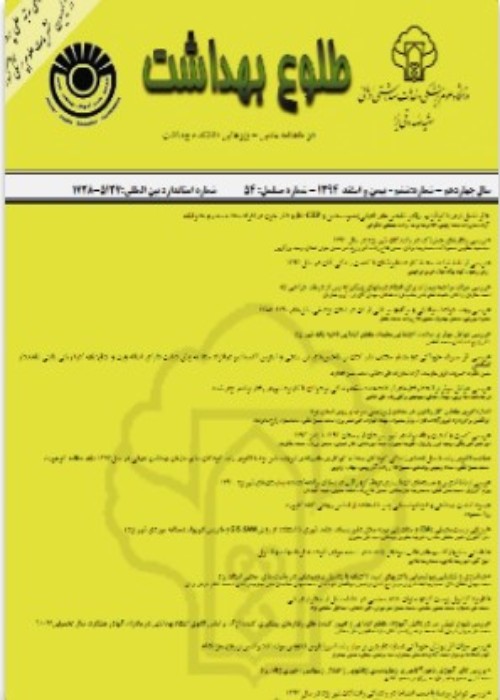The Study Predictors of Fast-Food Consumption based on the Prototype/Willingness Model in Students of Public Health School, Rafsanjan City, Iran
In recent decades, a significant increase has been observed in the average weight of people due to fast food consumption, which increases the risk of developing diabetes and cardiovascular diseases. Given the importance of this issue, this study was conducted to investigate the predictors of fast food consumption based on the Prototype/Willingness Model among students the School of Public Health in Rafsanjan City.
In this cross-sectional study, 129 students from Rafsanjan School of Public Health were studied using the census method. The data were collected using a researcher-made questionnaire by self-report. Data analysis was conducted using the SPSS version 20 and statistical tests of correlation and regression analysis.
According to the Prototype/Willingness Model, the mean and standard deviations of the attitude, positive perceptions, tendencies to fast food consumption, intention to not consume fast food, and negative mental norms about fast food consumption were 13.76±3.61, 17± 4.35, 7.4 ±1.58, 6.27± 4.19, and 7± 3.11, respectively. Considering the scores of the Prototype/Willingness Model, the attitude construct had the best score with 68.8% of the total attainable score. Based on the results of the correlations, a significant positive correlation was found between the intention to avoid consuming fast food and negative subjective norms to fast food consumption. Moreover, a significant negative correlation was observed between the constructs of attitude, positive images, and willingness to fast food consumption. Linear regression analysis showed that all constructs of the studied model could predict 0.40% of the variance in the intention to avoid consuming fast food. In this regard, the negative subjective norms to fast food consumption was strongest construct.
Subjective norm is defined as one's important individuals' belief about performing a behavior . Thus, subjective norms changes in the negative direction towards consuming fast foods is effective based on the Prototype/Willingness Model.
.
- حق عضویت دریافتی صرف حمایت از نشریات عضو و نگهداری، تکمیل و توسعه مگیران میشود.
- پرداخت حق اشتراک و دانلود مقالات اجازه بازنشر آن در سایر رسانههای چاپی و دیجیتال را به کاربر نمیدهد.



